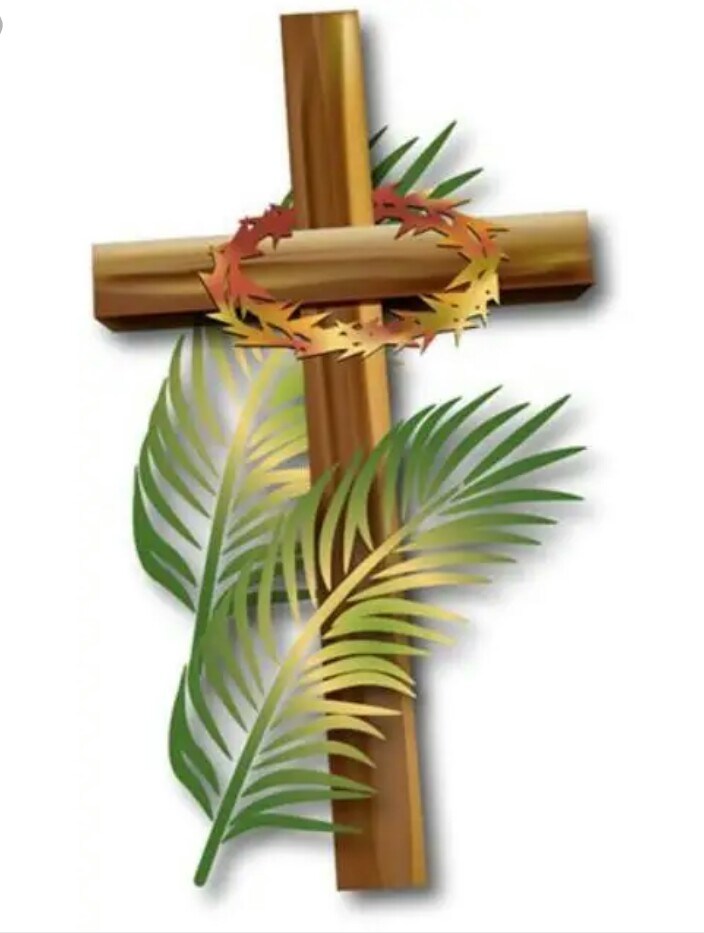Acts 2:14, 22-33
Psalm 15(16):1-2,5,7-11
1 Peter 1:17-21
Luke 24:13-35
THE EMMAUS EXPERIENCE!
According to today’s readings, the suffering, death and resurrection of Jesus Christ were not accidental events. As the Risen Jesus revealed to the two disciples on the way to Emmaus, everything happened according to the Scriptures. For it was necessary that the Christ should suffer and enter into his glory (Luke 24:13-35). According to the preaching of Peter on the day of Pentecost, everything that happened to Jesus was according to the set plan and foreknowledge of God. He was dead but God raised him to life (Acts 2:14, 22-33). Therefore, his Passion, death and resurrection were part of God's saving plan for all mankind. Everything was known to Him before the foundation of the world so that we may be redeemed by the precious blood of His Son Jesus Christ (1 Peter 1:17-21).
But this was not evident to the disciples, especially during the few days that followed his death. As the Emmaus story reveals, the disciples lost hope and were overwhelmed by fear. They had hoped that Jesus was the Messiah who would deliver Israel; but he was mercilessly put to a shameful death. To them Jesus’ death might have been a defeat, a total failure. Looking disappointed and dispirited, lost and downcast, the Risen Jesus joins them on the way like a total stranger. Their eyes were kept from recognizing him until the time of breaking bread. In short, their encounter with the Risen Lord transformed them; it changed their sadness into joy, and their darkness into the light of faith.
Sometimes, we too undergo struggles of faith and walk through valleys of darkness. Again, we do not understand why certain misfortunes happen to us or to others. But we should always remember that those situations are stepping stones to glory and triumph. Let us never forget that Jesus is walking along the way with us even when everything appears dark around us. Thus, in moments of confusion, when life seems meaningless and hopeless, and we are at the point of giving up, let our prayer be as simple as that of the Emmaus disciples: Mane nobiscum, Domine: Remain with us, Lord. For the Lord is our portion and cup. He will not leave our soul among the dead nor let his beloved know decay. Amen






